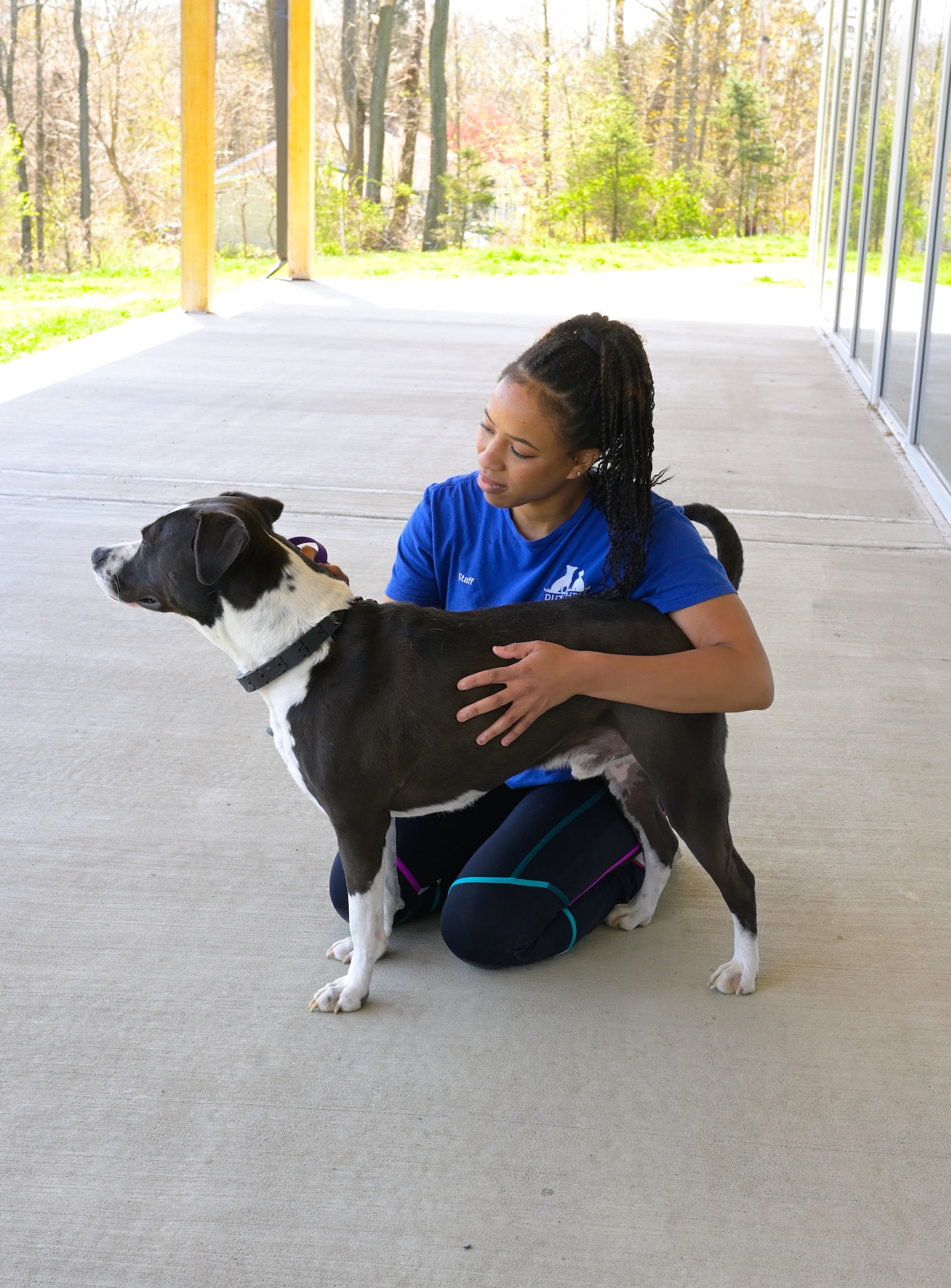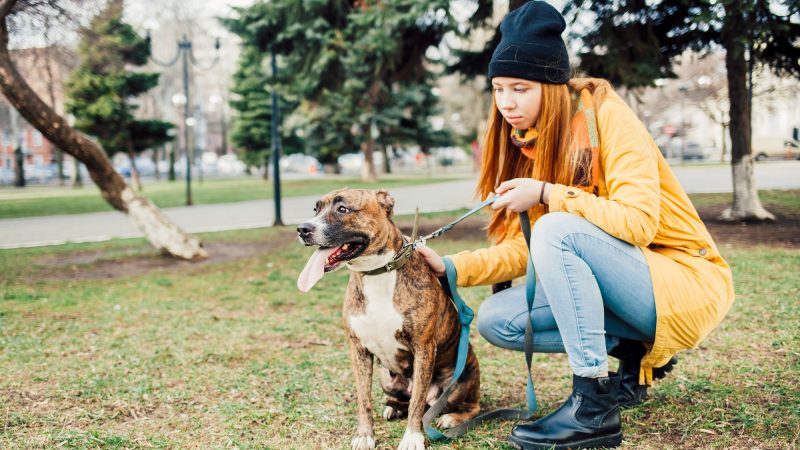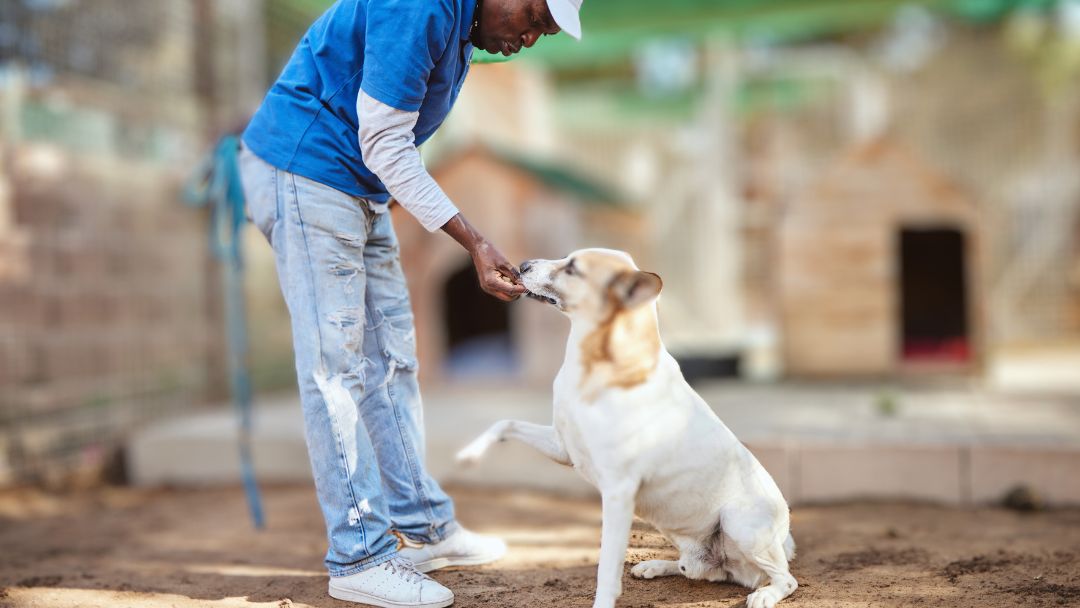Can formal behavior evaluations predict the future behavior of dogs living in shelters?
The authors argue that behavior evaluation results tell us no more than simply flipping a coin. They calculated whether even a test much more reliable and valid than any currently in use could yield results that might help make good decisions about individual dogs. The outcome: it wouldn’t
The authors suggest focusing on behavioral histories, incident verification, and prioritizing positive activities where a dog’s social skills can be observed and practiced, instead of unreliable formal evaluations.













